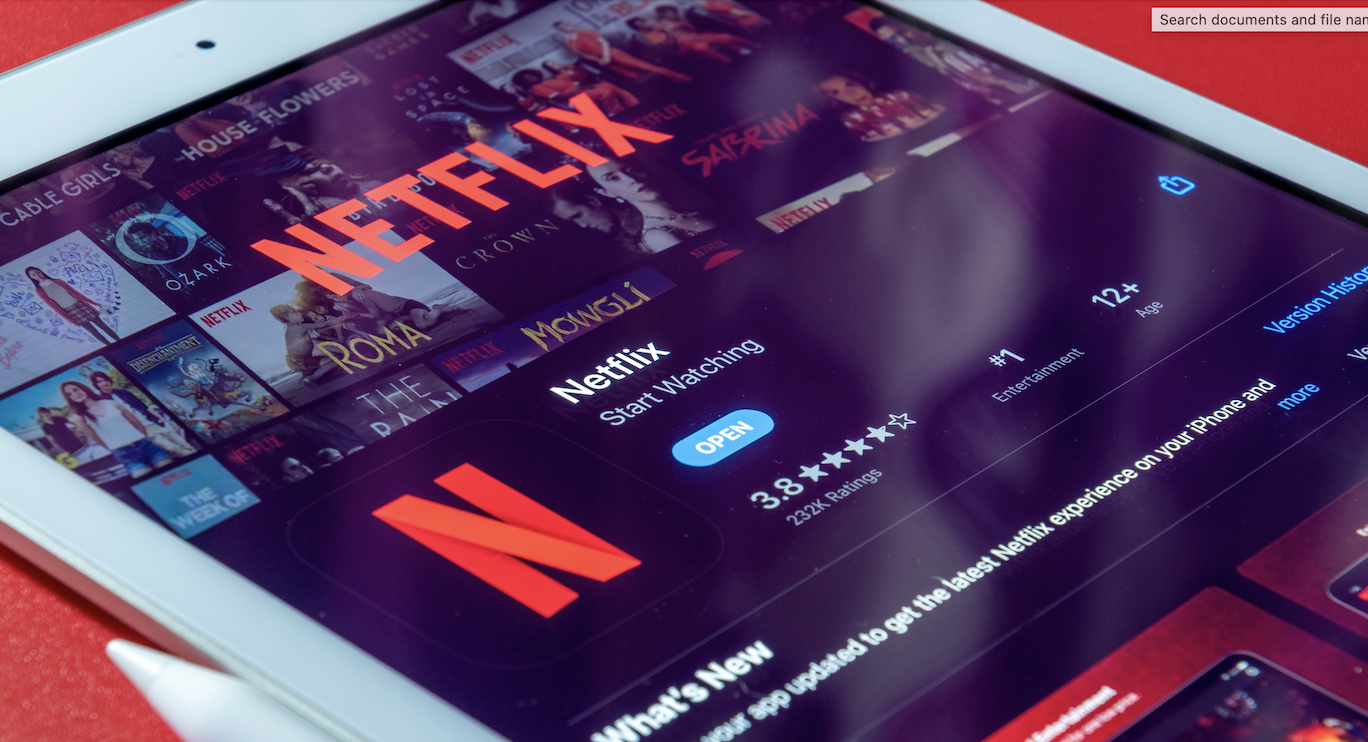Perfection is a natural ideal people strive for. It can be in their physical appearance, their education or even their whole personality, but no matter what, the goal of perfection is prominent in the creation of the model minority myth. No mistakes can be made in any situation whatsoever in the Asian community. This has shaped the Asian identity within Western society, and its association makes its way into the media we consume today.
The widespread popularity of TV shows and movies such as “Crazy Rich Asians,” “Never Have I Ever” and “Fresh Off the Boat” has brought Asian representation into the spotlight in a way it never has before. It is with these projects that other works were able to take root. From animated features such as “Over the Moon” and “Red” to romcoms and action movies, Asian Americans were able to implement their stories into Hollywood.
For the first time, Western audiences can get a glimpse into the Asian identity. Our home life, our customs and our traditions allow us to bond with others and our community. Characters in the past were only introduced as sidekicks or stereotypes such as the dragon lady. Now a broader look into Asian culture is found such as the food we eat or the holidays we celebrate. When we get stories about Christmas, we can also get depictions of Chinese New Year. Many of us can begin to reminisce on small childhood memories such as going to the Asian store or full celebrations we have with our family members who immigrated from Asian countries for weddings or funerals. While it is a blessing to be able to share these aspects of our lives, is that all we can offer?
Many of these projects tend to solely focus on race or ethnicity as the key point of the narrative. Sometimes, it can be small, like a passing comment between characters. Other times, it can be the whole plot: a character struggles with assimilating themselves into a typically white community, or they go back to their homeland to rediscover their roots to be the perfect Asian son or daughter.
These messages are important to tell because many do have similar experiences. But I do begin to question — why can’t Asian characters be represented as a person in of themselves, disregarding factors of race as the sole identifier?
Looking at movies and TV shows with white characters, race hardly ever comes up as an integral part of the narrative. “White” is seen as the norm when it comes to the media we consume, and white characters are not expected to address their race while people of color are. Not addressing race could also be a part of the works Asian creators make. It could be a chance to focus on other aspects of their character – something that I believe “Beef” handles well.
“Beef” is a 2023 comedy-drama Netflix series focusing on two characters’ personal issues and the altercation between them after a road-rage incident, initiating their “beef.” What makes the show unique is that it was created by an Asian writer, Lee Sung Jin, and features an almost all-Asian cast with prominent performers such as Ali Wong, Steven Yeun and Ashley Park. Yet, with all these cultural influences, race and ethnicity are rarely addressed.
“Beef” not only refuses to stereotype Asians and minorities and reduce them to side characters, but also breaks the idea that they only fit the mold for scientists, nerds or Chinese restaurant owners. The main characters themselves are complete opposites. Danny, played by Steven Yeun, is a depressed handyman struggling with his life while Amy, played by Ali Wong, is a successful business owner who is constantly stressed and trying to spend time with her daughter and husband again. Neither are living a truly ideal life, and they aren’t painted to be the virtuous underdogs we are meant to root for. Their flaws are loud and clear. They are not the model minority, but real characters.
With all the characters, we can see completely different motivations that people embody. These characters, like actual people, aren’t driven by one thing. They constantly go back and forth on their plans, and when it seems like they are gaining some sort of redemption, they backtrack.
Danny wants to achieve success to make his parents proud and to reestablish his friendship with his brother. It seems that in the year after the initial road rage incident, he has achieved this. However, that doesn’t prevent him from doing terrible things he instantly regrets, such as letting his cousin take the fall for the road rage incident, kidnapping Amy’s daughter and throwing away his brother’s college letters.
Meanwhile, Amy wants to protect her family life by securing a prospective business deal. However, that leads her to persuade her husband to sell his deceased father’s artwork – something he never wanted to do – and guilt trip him for having an emotional extramarital affair when she had a physical one. I believe that these complex characteristics connect with people just as well as an identity focused narrative could have.
Ultimately, I believe, as wild of a plot that “Beef” is, it brings a different meaning to what representation is. From projects like these, Asians can have a platform to launch stories outside of their race. We can embody characters that are good or bad or a range of something in between.
However, I think that the contrasting stories is what makes the show unique. Everybody goes through crises that we may not see on the surface level, no matter their background. I think this breaks the model minority myth and gets rid of the perfectionist identity ingrained in Asian culture. Overall, we should focus on the flawed nature of the characters in order to allow representation of real human beings — not just caricatures. Narratives like these can absolutely transform the entertainment industry.
Featured Image: Photo by Souvik Banerjee on Unsplash

Comments are closed.